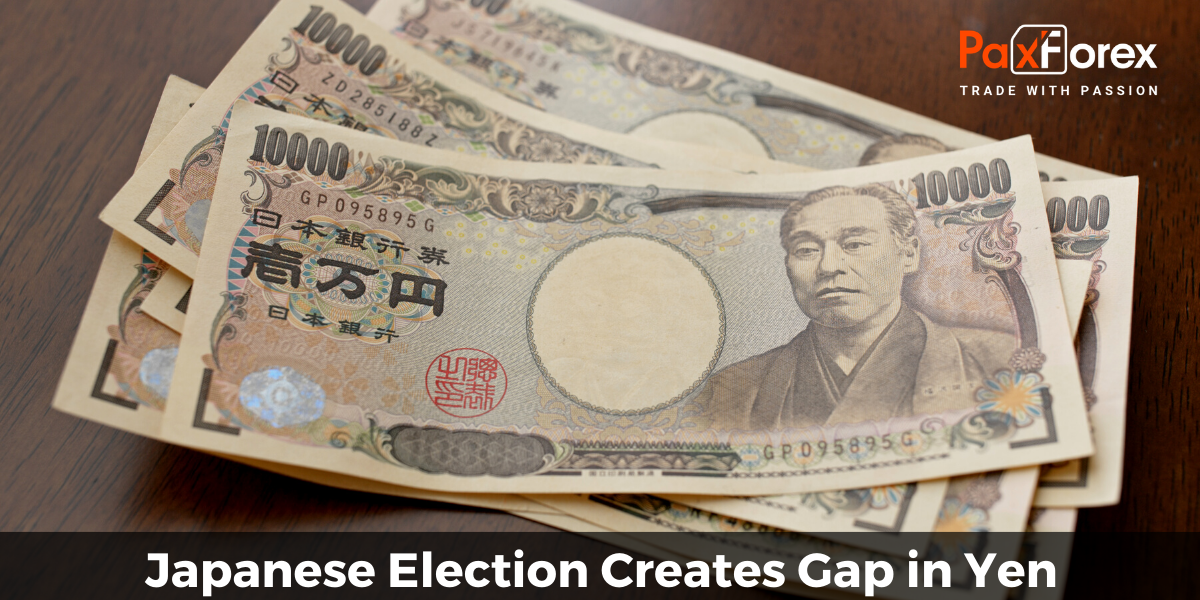
The conservative Liberal Democratic Party or LDP won a landslide victory in Japan and Shinzo Abe will return as prime minister of Japan. The LDP ruled Japan for over 50 years until an election loss in 2009. Japan, which continues to suffer from the fallout of financial bailouts in the late 90’s, thought a change in leadership would ring in change.
Flashback:
The U.S. has followed into the footsteps of Japan when the elected change in 2008 which made the situation worse. Japanese voters were smart enough to allow change create bigger problems for one term while U.S. voters thought it would be good to have two terms of negative change.
The LDP is projected to win between 285 and 315 seats out of the 480 which makes up the Japanese parliament. Abe vows to end a 20-year recession and change foreign policy especially with its biggest trading partner China as diplomatic relations soured. He also announced unlimited monetary easing as well as stimulus which created a huge gap in all Japanese Yen related trades as the Yen dropped sharply after the LDP victory.
Gaps are associated with unpredictable developments such as the outcome of an election. A gap is described by the opening price being above the previous trading day intra-day high. Gaps will close themselves rather fast and may ring in a bigger correction. The initial reaction by markets to unpredicted events is usually reversed.
The volume during the gap is a key indicator for the next move of the underlying security; strong volume indicates a move higher while weak volume indicates a move lower. The Japanese Yen has been at multi-month and in some cases multi-year lows against other currencies and the moves have been extremely over-extended.
The initial gap has already initiated a correction and soon has fully closed. The Yen is likely to initiate a rally and strengthen against other major currency pairs amid initial hope that prime minister Abe may successfully implement what markets refer to ‘Abenomics’. His policies have failed over the past two decades, but markets may take his landslide election as a reason to exit their short positions and send the Yen rallying through the end of the year before they get a better picture of potential adjustments Abe may have planned to his policies.
We expect the Yen to rally over the next few weeks and the upside gap in the Japanese Yen confirms our prediction especially after it closed rather fast and has built up more bearish pressures which means that Yen related trades will drop. We view the 200 DMA on daily charts as its support level from which this trade needs to be re-evaluated.







